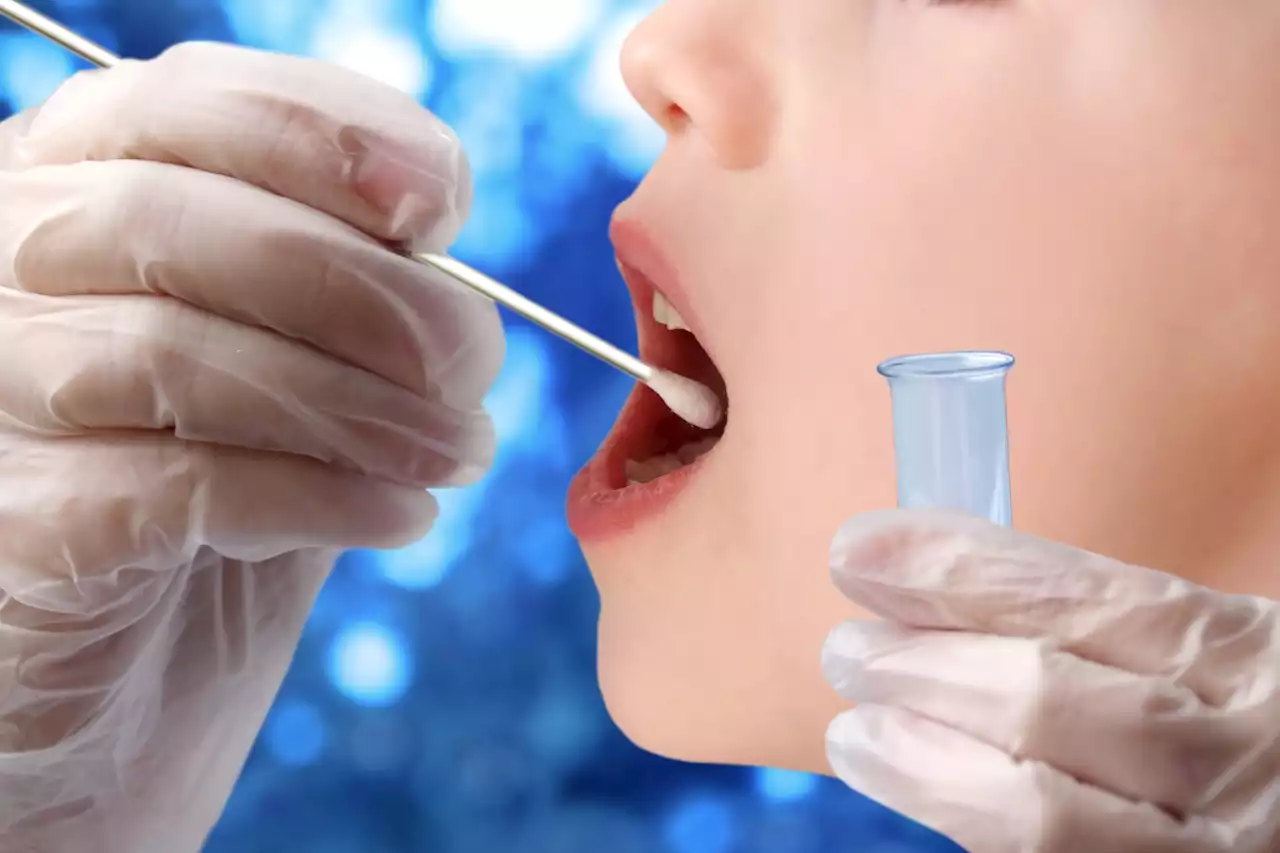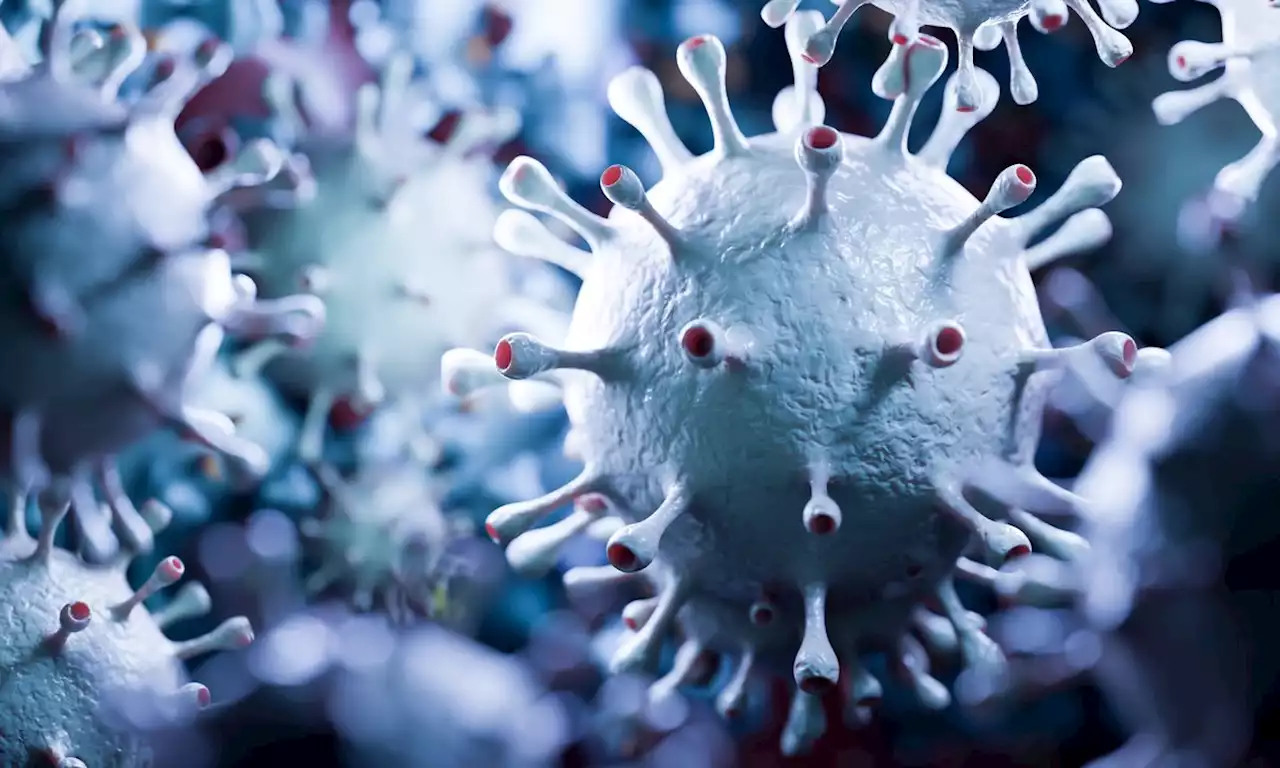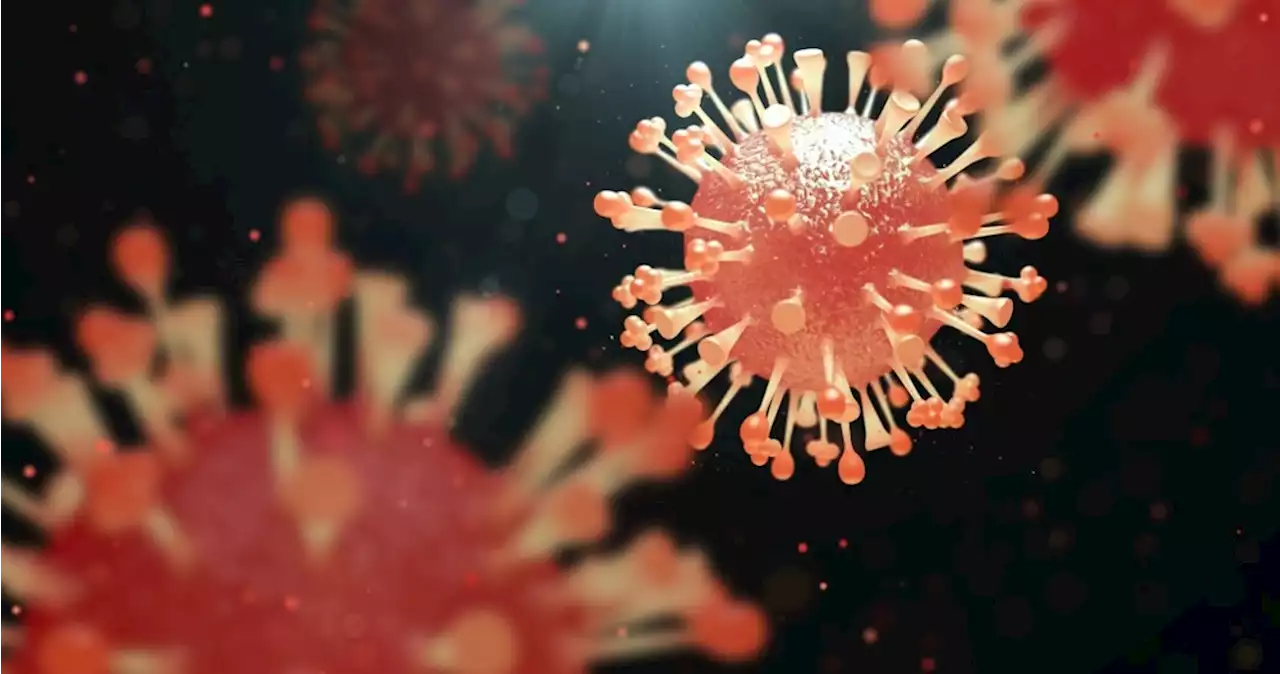Study suggests mRNA vaccines decouple SARS-CoV-2 immunity from autoantibody responses observed during acute COVID-19 NatureComms YaleMed Yale mRNA vaccine vaccines vaccination immunity COVID19 coronavirus covid autoantibody antibody
By Neha MathurMar 14 2023Reviewed by Danielle Ellis, B.Sc. In a recent article published in Nature Communications, researchers investigated whether messenger ribonucleic acid technology-based coronavirus disease 2019 vaccines promote the development of autoantibodies.
More recently, scientists have also raised concerns that molecular mimicry by SARS-CoV-2 spike protein might be helping elicitation of vaccine-driven humoral autoimmunity. Moreover, studies have barely explored whether autoantibody responses after vaccination varied from case to case, e.g., among previously infected relative to SARS-CoV-2 naïve individuals.
They characterized self- and SARS-CoV-2-directed humoral immune responses after mRNA COVID-19 vaccination in 38 autoimmune patients, 145 healthy individuals, and eight patients with vaccine-related myocarditis. The REAP most sensitively detected new autoantibodies over time. Accordingly, it captured a surge in REAP score for tumor necrosis factor-alpha in a Rheumatoid Arthritis patient on adalimumab monoclonal antibody therapy in the period of collecting pre and post-vaccination samples.
Intriguingly, the authors did not detect interleukin-1 receptor antagonist autoantibodies in the study cohort by REAP or ELISA. This discrepancy with other recent reports most likely occurred because these reports did not note whether patients received anti-drug antibodies against IL-1RA.
United Kingdom Latest News, United Kingdom Headlines
Similar News:You can also read news stories similar to this one that we have collected from other news sources.
 SARS-CoV-2 replication persists for weeks in lungs after symptom onset in severe COVID-19SARS-CoV-2 replication persists for weeks in lungs after symptom onset in severe COVID-19 medrxivpreprint UCT_news LSHTM WitsUniversity lung COVID19 coronavirus covid SARSCoV2 symptom symptoms
SARS-CoV-2 replication persists for weeks in lungs after symptom onset in severe COVID-19SARS-CoV-2 replication persists for weeks in lungs after symptom onset in severe COVID-19 medrxivpreprint UCT_news LSHTM WitsUniversity lung COVID19 coronavirus covid SARSCoV2 symptom symptoms
Read more »
 Oral host responses to SARS-CoV-2 predict progression of COVID-19In a recent study posted to the medRxiv* preprint server, researchers at the University of North Carolina and the National Institutes of Health determined the associations between oral severe acute respiratory syndrome coronavirus 2 (SARS-CoV-2), oral antibodies against SARS-CoV-2, and coronavirus disease 2019 (COVID-19) symptoms.
Oral host responses to SARS-CoV-2 predict progression of COVID-19In a recent study posted to the medRxiv* preprint server, researchers at the University of North Carolina and the National Institutes of Health determined the associations between oral severe acute respiratory syndrome coronavirus 2 (SARS-CoV-2), oral antibodies against SARS-CoV-2, and coronavirus disease 2019 (COVID-19) symptoms.
Read more »
 What are the risk factors associated with post-acute SARS-CoV-2 infection?In a recent study posted to the Research Square* preprint server, researchers assessed the risk factors and predictive models for post-acute severe acute respiratory syndrome coronavirus 2 (SARS-CoV-2) infection.
What are the risk factors associated with post-acute SARS-CoV-2 infection?In a recent study posted to the Research Square* preprint server, researchers assessed the risk factors and predictive models for post-acute severe acute respiratory syndrome coronavirus 2 (SARS-CoV-2) infection.
Read more »
 How does SARS-CoV-2 interact with other pathogens?In a recent study published in the PLOS Pathogens journal, researchers examine the present body of information regarding severe acute respiratory syndrome coronavirus 2 (SARS-CoV-2) interactions.
How does SARS-CoV-2 interact with other pathogens?In a recent study published in the PLOS Pathogens journal, researchers examine the present body of information regarding severe acute respiratory syndrome coronavirus 2 (SARS-CoV-2) interactions.
Read more »
 Bispecific antibody shows improved efficacy against SARS-CoV-2 variantsResearchers from The University of Texas MD Anderson Cancer Center have developed fully human bispecific antibodies, as revealed in a recent study. These antibodies can bind to two distinct epitopes of the receptor binding domain (RBD) of the SARS-CoV-2 spike protein and have demonstrated the ability to neutralize various strains of the virus, including the Omicron variant.
Bispecific antibody shows improved efficacy against SARS-CoV-2 variantsResearchers from The University of Texas MD Anderson Cancer Center have developed fully human bispecific antibodies, as revealed in a recent study. These antibodies can bind to two distinct epitopes of the receptor binding domain (RBD) of the SARS-CoV-2 spike protein and have demonstrated the ability to neutralize various strains of the virus, including the Omicron variant.
Read more »
 How does temperature affect host responses to SARS-CoV-2 and IAV infection in human nasal epithelial cells?How does temperature affect host responses to SARS-CoV-2 and IAV infection in human nasal epithelial cells? biorxivpreprint JohnsHopkinsSPH HopkinsMedicine SARSCoV2 COVID19 coronavirus covid influenza virus
How does temperature affect host responses to SARS-CoV-2 and IAV infection in human nasal epithelial cells?How does temperature affect host responses to SARS-CoV-2 and IAV infection in human nasal epithelial cells? biorxivpreprint JohnsHopkinsSPH HopkinsMedicine SARSCoV2 COVID19 coronavirus covid influenza virus
Read more »
